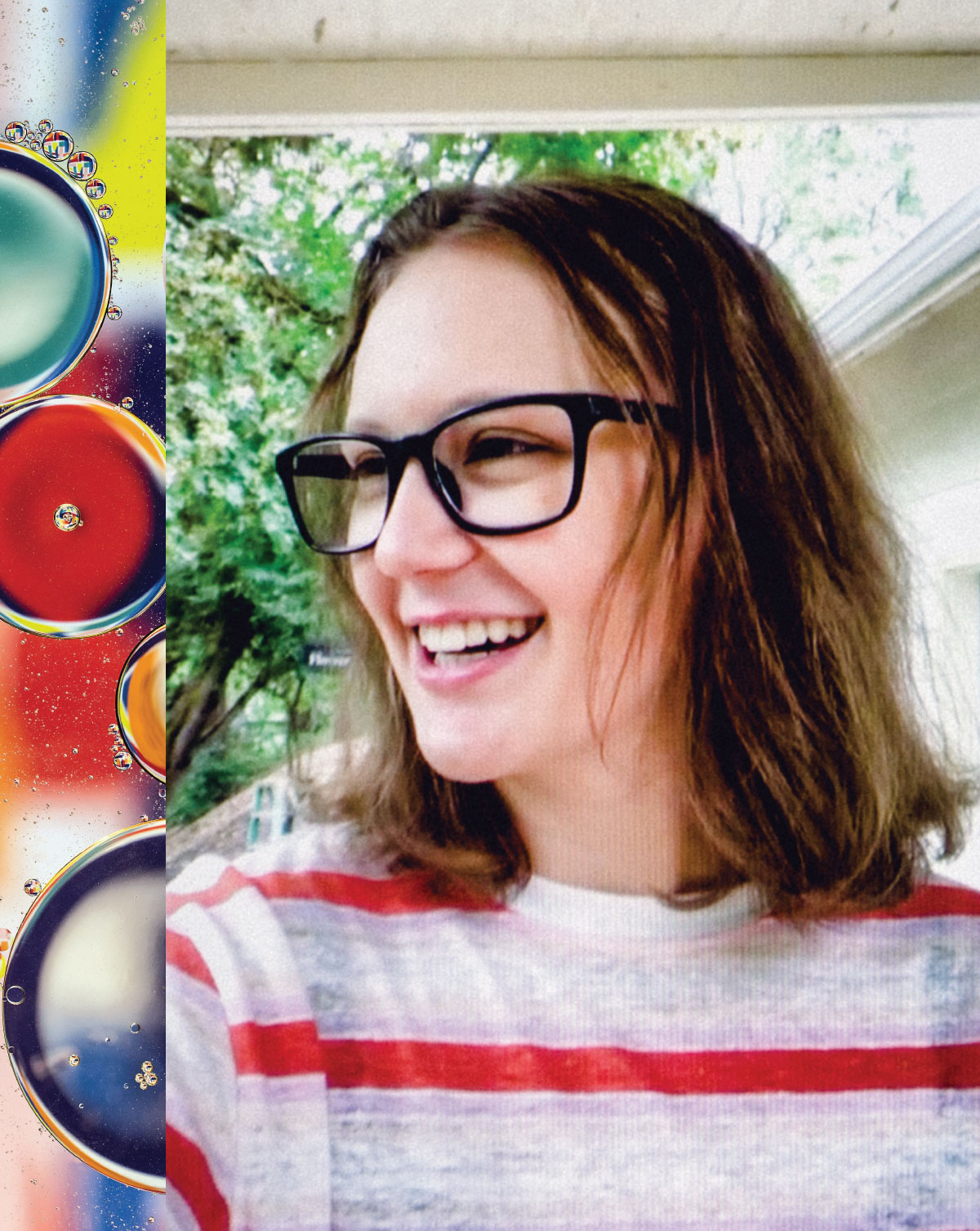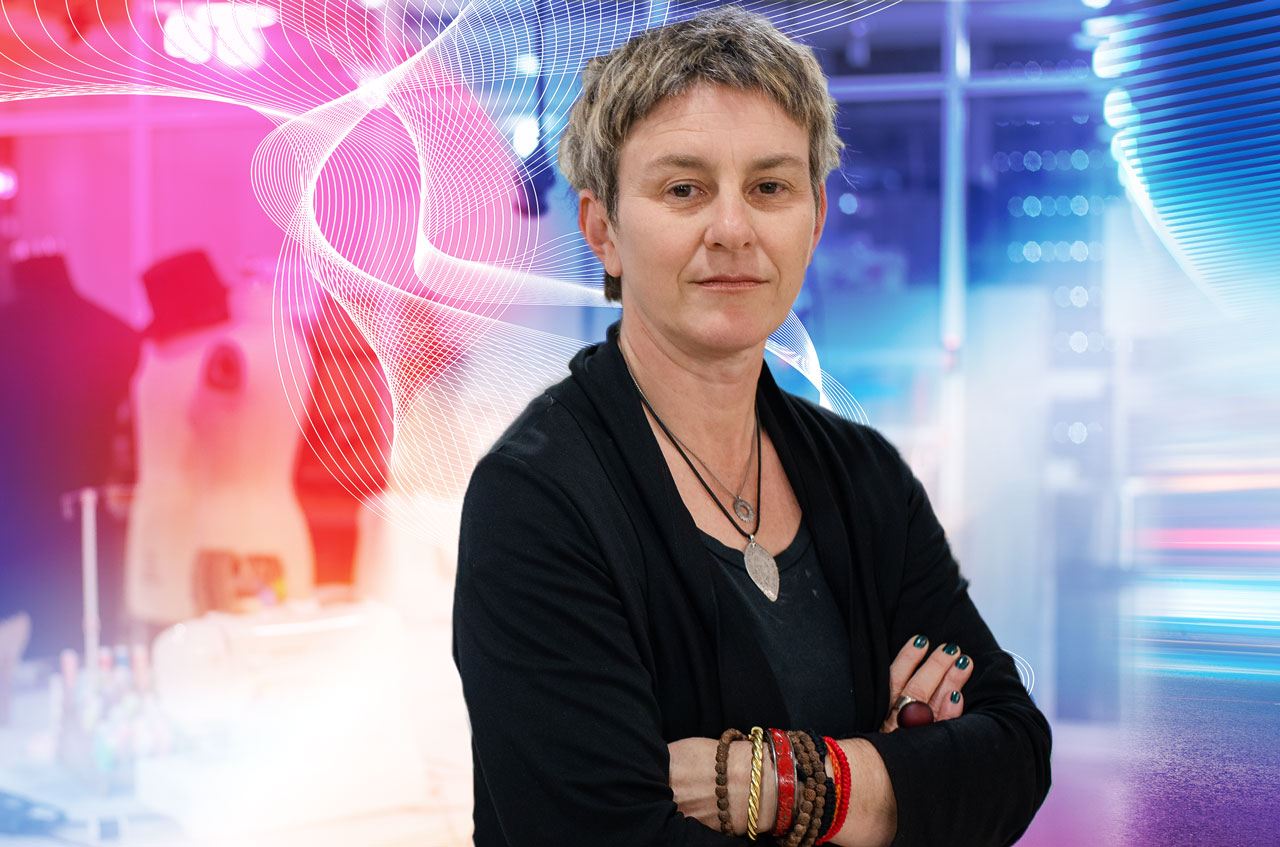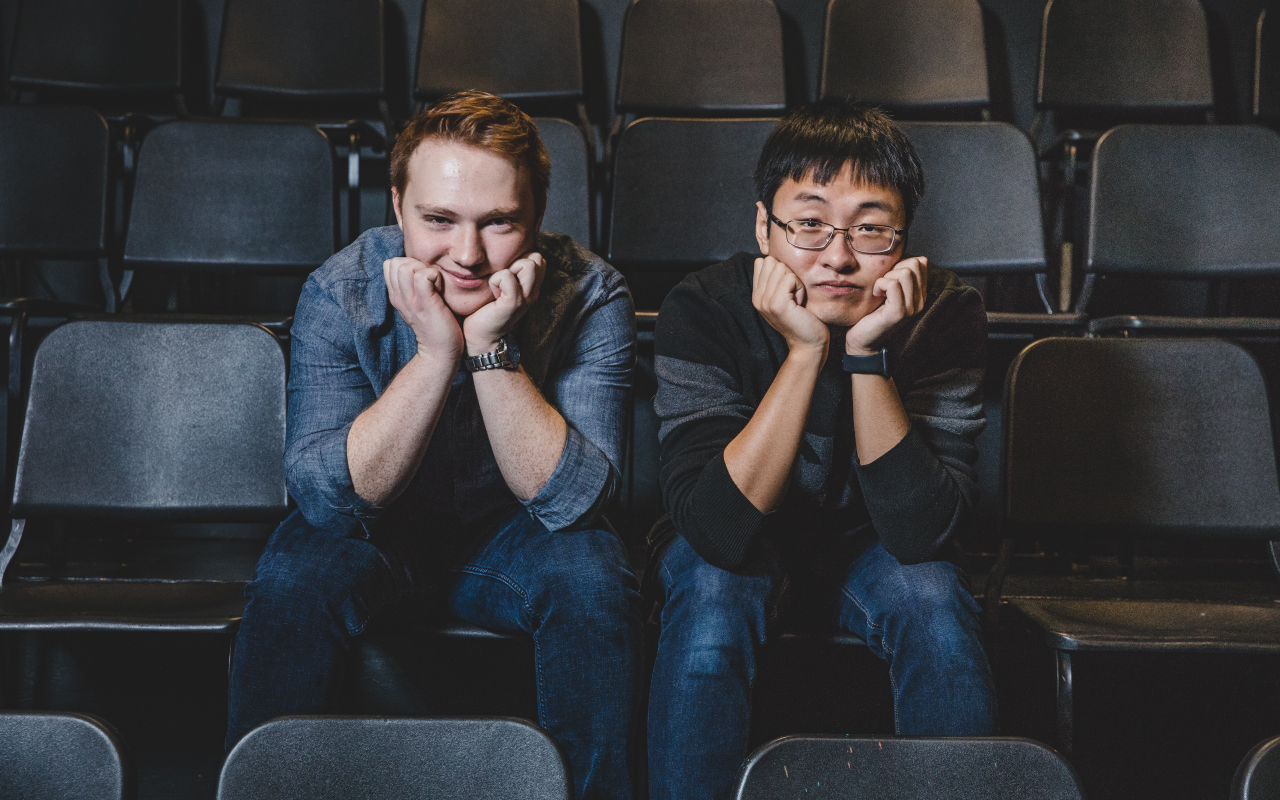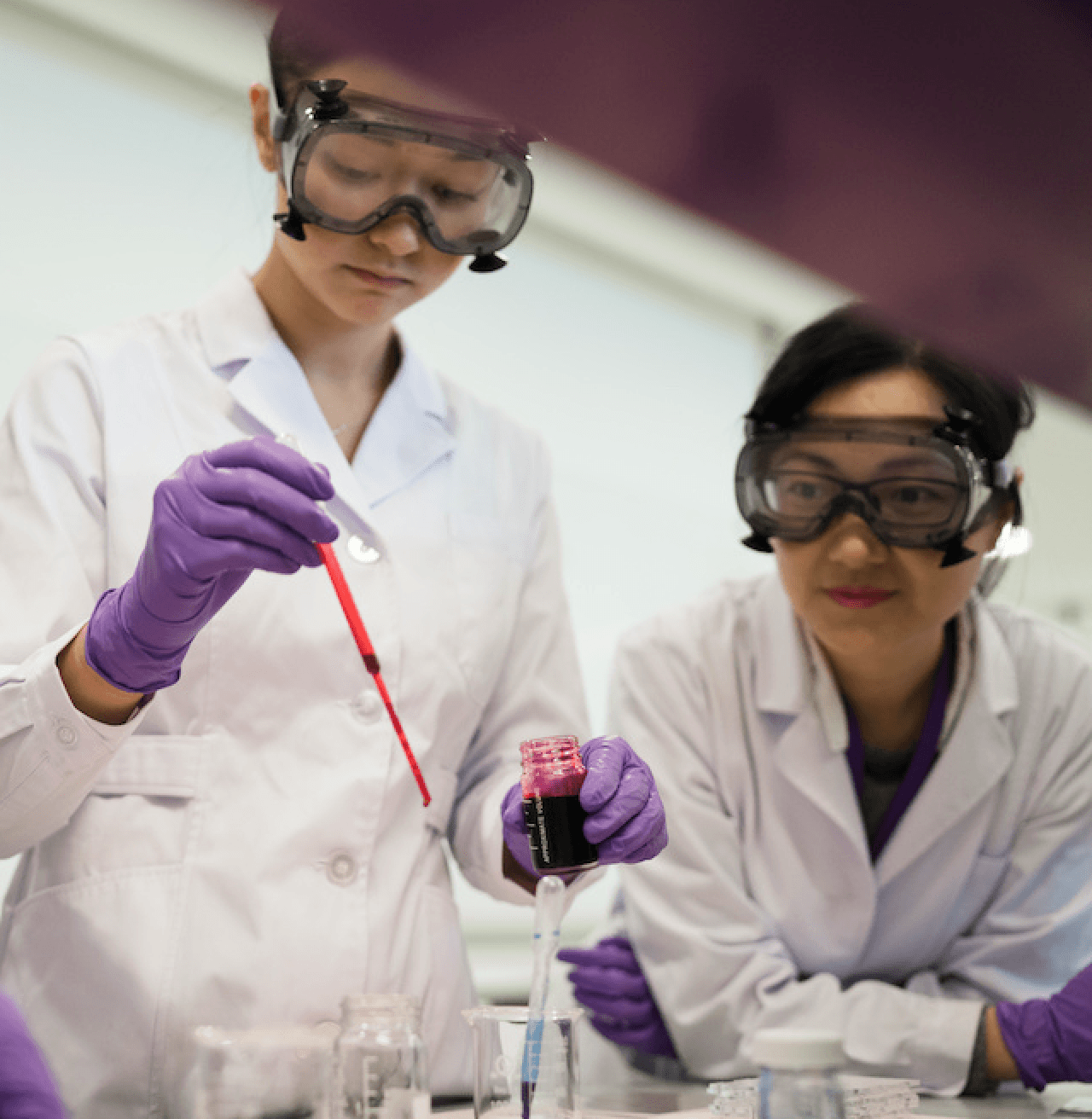
Khayla Black, Class of 2022, came to NYU Shanghai to study neuroscience. The human mind, psychology, and behavioral experiments always fascinated her while growing up. What’s more, she assumed neuroscience was the best way to learn more about the brain and how it works. But when she arrived on campus, Khayla began exploring STEM at NYU Shanghai more broadly through different courses. Soon she discovered she was interested in much more than the brain.
Switching Her Major Focus
And so at the end of her sophomore year, Khayla switched her major to Biology. “If you don’t know how the body works, you’re not well-equipped to talk about how the brain works. You won’t have any context,” she explains. “As a Biology major, I took a class called Organismal Systems. Then there are a lot of other electives, such as Evolution and Organic Chemistry,” she says. Khayla relished getting a bigger picture of how the human body and mind work.
Diving Into Research Opportunities
Undergraduate research is a fundamental part of life at NYU Shanghai. Khayla knew research experience would help her as she explored different scientific fields. The NYU Quantum Technology Lab intrigued her when she first arrived on campus. This lab explores areas like quantum computing and fundamental cold atom physics. Khayla took quantum mechanics in high school but was not at all familiar with other quantum theories. But she signed up for the lab anyway because its director, Assistant Professor Tim Byrnes, encourages students to learn as they go while they prepare to dive into a particular research project. Eventually, Khayla joined a team exploring stimulated-Raman adiabatic passage, a process that allows transfer between quantum states.
In addition to her work in Byrnes’ lab at NYU Shanghai, Khayla studied the cells of mice with Alzheimer’s disease as an intern at the National Institutes of Health in Washington, DC, in the summer after her first year. Then, during her sophomore year, with help from Professor Xinying Cai, the Chinese Academy of Sciences offered her an internship analyzing the structure and function of receptors affected by epilepsy. “I explored exactly what I’m interested in,” she says. “It was quite cool.”
Foundations for a Future Full of Possibility
Now a senior, Khayla is something of a STEM triple threat. She’s majoring in Biology, minoring in Physics, and studying neuroscience independently. In fact, she founded the Neuroscience Club, creating a neuroscience network across NYU Shanghai, NYU in New York City, and NYU Abu Dhabi. What’s more, the International Brain Research Organization granted the club a Global Engagement Seed Grant to host China’s first Brain Awareness week. Khayla has also been very involved in the International Youth Neuroscience Association. Most recently, as the organization’s chief executive officer, she developed a curriculum to introduce high school students to the field.
As Khayla weighs her options for life after graduation, one thing is abundantly clear: taking advantage of the opportunities to explore and conduct research in STEM at NYU Shanghai set her up for any career she can imagine. As for what the future ultimately holds, she pictures a PhD in Physics. But she might want to be a teacher. And she might also want to be a researcher. No matter what, she’s comfortable keeping an open mind because she’s used to it, and it’s served her well. “A lot of things about quantum theory are unsolved,” she says. Ultimately, any uncertainty about her own career is just another opportunity for more research.



